I wrote this article in Japanese and translated it into English using ChatGPT. I also used ChatGPT to create the English article title. I did my best to correct any translation mistakes, but please let me know if you find any errors. By the way, I did not use ChatGPT when writing the Japanese article. The entire article was written from scratch by me, Saikawa Goto.
Introduction
Movies and books covered in this article

Three takeaways from this article
- The greatest genius in the history of chess was plagued by delusions and repeated insane behavior.
- He made a move no one had ever seen before from the opening move, so the sixth game is still called a “legendary” game.
- Perhaps it was because of the Cold War that it was made possible, the match against Spassky, the “absolute champion” of the Soviet Union.
Self-introduction article


Published Kindle books(Free on Kindle Unlimited)
“The genius Einstein: An easy-to-understand book about interesting science advances that is not too simple based on his life and discoveries: Theory of Relativity, Cosmology and Quantum Theory”
“Why is “lack of imagination” called “communication skills”?: Japanese-specific”negative” communication”
The quotes in the article were translated using ChatGPT from Japanese books, and are not direct quotes from the foreign language original books, even if they exist.
The Life of Bobby Fischer, a Genius Chess Player, was Filled with Delusions and Madness
Who is Bobby Fischer?

There was an incredibly talented man in the history of chess. He was an American named Bobby Fischer. The movie “Pawn Sacrifice” depicts Bobby Fischer’s life. It would be like a movie in Japan that features Habu Yoshiharu or Fujii Souta as the main character, but such movies does not have been made at this time. It can be said that Bobby Fischer was an astonishing figure in his lifetime as a chess player to the extent that his life became a movie.
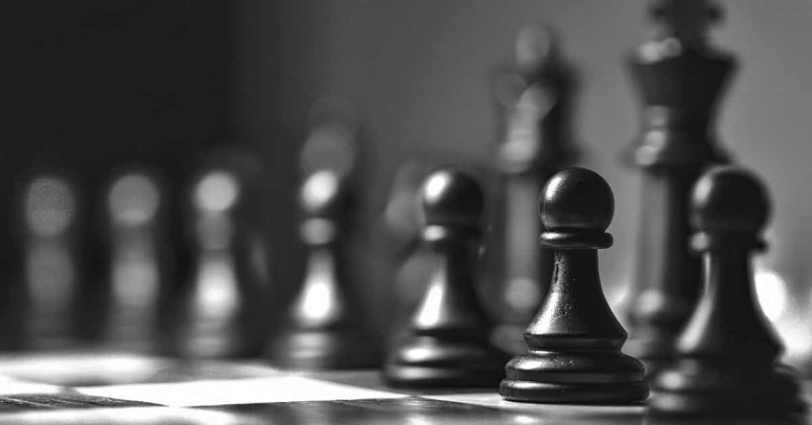

He was incredibly strong at chess. The movie portrays even a game that is still spoken of as “a legend” today. He can be considered an unparalleled figure in the history of chess, known as the “Da Vinci of Brooklyn” and the “once-in-500-years genius.”
However, he was not only noticed for his chess skills. Madness seeped from his words and actions. He believed that if he got on a plane, it would be bombed. He ordered his in-flight meal to be made in front of him to prevent poisoning. He was known for his extraordinary behavior, such as breaking things in the room to search for bugs and demanding to play chess at a table tennis court because the shutter sound of cameras was too loud.

Bobby’s older sister was worried about her little brother.
He sends me letters every week, and the contents are abnormal.
However, Bobby’s lawyer, who is also his agent, convinced her not to take him to a psychiatrist. He said that they shouldn’t show Bobby to a doctor because his madness creates a beautiful world to see. In another scene, a character refuses to give Bobby medication, saying that it would destroy his great talent. Of course, Bobby himself dislikes doctors and medication, but those around him believe that his madness is the source of his genius and refuse to let him receive treatment.
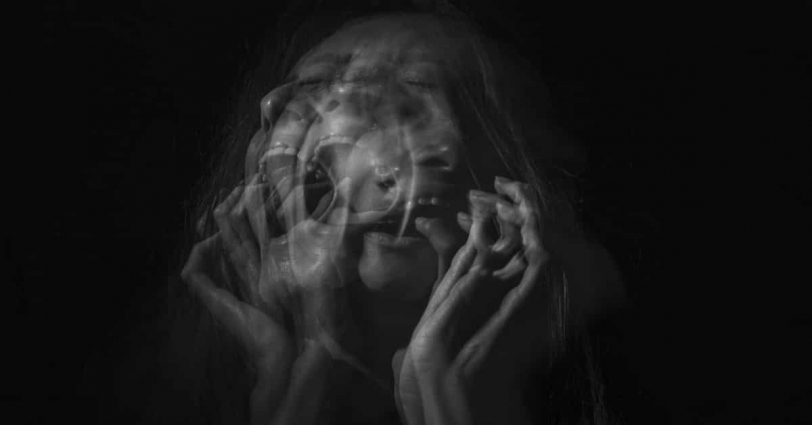
It’s quite an amazing world, isn’t it?
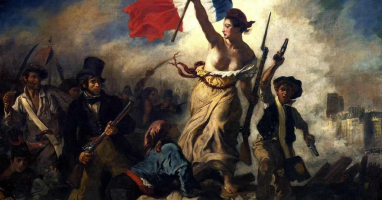
In chess, after four moves, they have to consider 400 billion choices. That’s why it goes beyond the limits of mental state.
It’s unclear whether chess drove Bobby insane or if insanity propelled him to become a genius. Either way, Bobby seemed to have only thought about “winning” since childhood.
I hate draws.

Bobby has another reason for his obsession with “winning”.
Chess is a game of searching for truth. That’s why I’m pursuing the truth.
In this scene, I remembered the story of Habu Yoshiharu. Habu Yoshiharu stopped caring about winning and losing at some point. Instead, he began to focus on “how to move forward with his opponent towards a new horizon that no one has ever reached.” Bobby’s idea of “truth” probably has a similar meaning. He must have been driven by his curiosity about how far he could go.

However, there is another reason why he is so fixated on “winning.” When asked about the moment when he feels the most joy, he responds as follows:
It’s crushing the opponent’s ego.
It’s the moment when the opponent’s heart collapses after realizing the lose.

It seems that he felt a sadistic pleasure in breaking the opponent’s spirit. I think it’s safe to say that even the fact that he verbalized such statements is a symbol of Bobby’s “madness” as a human being.
We will see the life of such a person who has gone completely off the rails.

“The Legendary Match” with the Soviet Union’s Absolute Champion, Spassky
At the time, there was a person known as the “absolute champion” in the world of chess. His name was Spassky from the Soviet Union. A match was made between him and a “poor young man born in Brooklyn” for a 24-game series. The context of the times had a significant influence on this match, but I will touch on that later.
And thus, a legendary match was born between Bobby and Spassky.

The 6th game is still considered the greatest match in history.
It seems that it was something that perplexed those who were watching.
Even the grandmasters were perplexed. No one could read his intentions.
Bobby made a move that no one had ever seen before, right from the first move. The “perplexity” of the grandmasters was due to the fact that a chess game had started that no one in the world had ever experienced from the very first move. Spassky had made careful preparations for these 24 games. However, Bobby started with a move that made all such preparations meaningless. No one knows how the game will develop. But only Bobby made the move with confidence. And at some point, Spassky realized he was going to lose.
The 6th game ended with Bobby’s victory. This match still remains a “legend”.
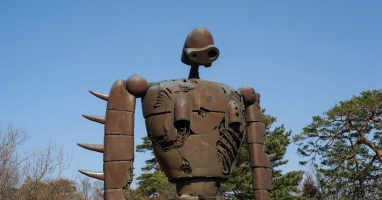
It’s said that Spassky, who realized his defeat, applauded Bobby. Spassky usually doesn’t applaud his opponents, so it’s proof of how impressed he was by Bobby’s chess skills.
Naturally, the entire audience also gave Bobby a round of applause. However, in the midst of it all, Bobby had a bewildered expression on his face.

This is just my speculation, but I think Bobby may have felt towards Spassky, “Hasn’t your spirit been crushed? Are you not upset about losing?” Bobby, who was obsessed with “winning,” was more concerned with breaking his opponent’s spirit than anything else. The game that was hailed as the “greatest in history” was surely a challenge to shatter Spassky’s spirit.
However, Spassky applauded for himself.
Perhaps it was a game that Spassky, who had been called the “absolute champion,” could not compete with at all, and that even the feeling of “losing and feeling upset” was blown away. I think that feeling is reflected in the applause he doesn’t usually do. It was probably the highest praise for Spassky, but for Bobby, it might have been a disappointment because it was not the outcome he had anticipated.
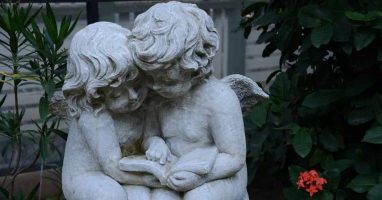
Bobby’s confused face amidst the applause was very memorable.
The Background to Bobby Fischer Becoming a “Hero” with Tremendous Popularity
Bobby had been known as a genius chess player in the country for some time, but it was not until he won his first victory against Spassky in a match that he began to be treated as an “American hero”.

A young man from Brooklyn who was unknown until last month has become a world-famous person.
To put it simply, Bobby, who was just a chess player, became a famous figure worldwide due to the background of the Cold War. At that time, the Soviet Union had overwhelming power in the world of chess, and among them, Spassky reigned as the “absolute champion.”
In other words, it was of great significance for an American born in Brooklyn, Bobby, to defeat the Soviet Union’s absolute champion, Spassky.
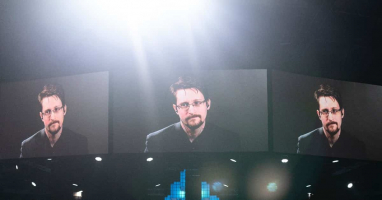
At that time, sports were probably used as a “bridge of friendship” between Western and Eastern countries, not just for chess. The World Chess Championship was also promoted as such. However, in the Cold War era, the Soviet Union, known as a strong chess country, could not afford to lose to the United States. Chess was not just a game or a sport, it was perceived as something that involved the “national honor”.
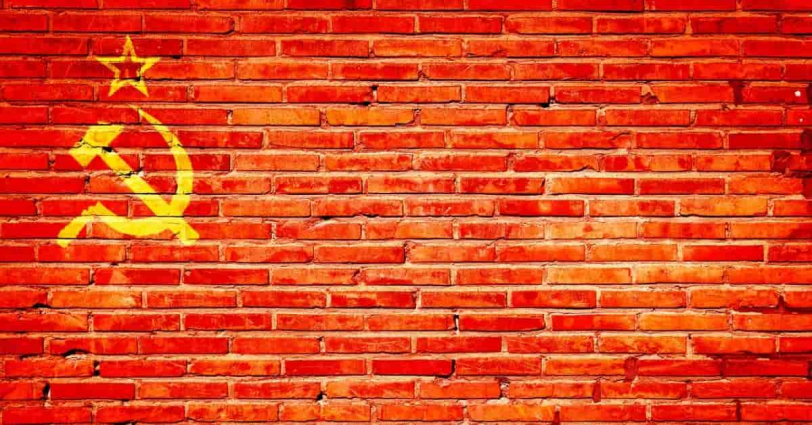
When Bobby participated in the World Chess Championship for the first time, he has protested against the Soviet Union. Unlike shogi, chess has a “draw”. The Soviet player, whose country’s honor was at stake, came to actively seek a draw, which was not fair, so Bobby resigned.
This episode clearly shows how the Soviet Union was putting a lot of effort into chess during the Cold War, and how Bobby would easily resign even from the World Championship if he was not convinced.

Against the backdrop of such a time, the match between Spassky and Bobby was set. If the historical context had been slightly different, the match with Spassky might not have taken place.
The Driving Force behind Making the Spassky VS. Bobby Match a Reality
In normal circumstances, there should have been no reason for Spassky and Bobby to play against each other. It was hard to see what the Soviet Union had to gain from it. Even if Spassky won against Bobby, he was already the “absolute champion,” so there would be little to gain. But if he lost, it would be publicized as “The Soviet Union, a chess powerhouse, lost to the United States.”

Furthermore, Bobby’s behavior was also a hurdle. As mentioned earlier, Bobby, who was trapped in various “delusions,” seriously believed that “the Soviet Union was trying to kill him.” He believed that he was being put in a disadvantageous situation by Soviet tactics, and if the conditions were not satisfactory, he would refuse to play.
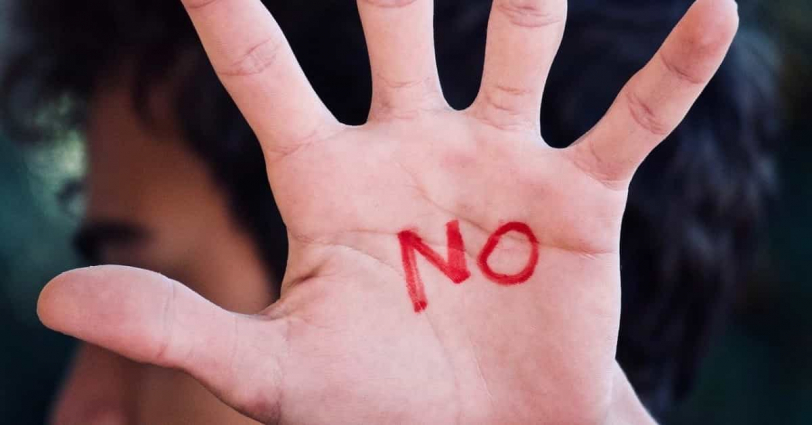
Taking into account the historical background and Bobby’s personality, two people who worked hard to make the Spassky vs. Bobby match happen were Paul, the lawyer who served as Bobby’s agent, and Lombardy, the priest who was once known as a chess powerhouse. Without Paul’s efforts in particular, the miraculous match would not have taken place.
Paul took on the role of Bobby’s agent for free. There were various motivations behind this, but he himself was also pursuing fame. As mentioned earlier, Bobby’s victory is not just about “winning a chess match.” Bobby’s victory is “America’s victory,” and I think Paul wanted to be known as the “man who made America win.”
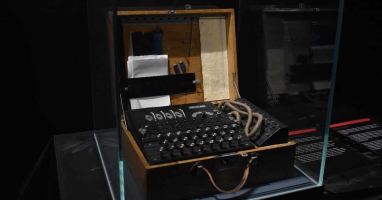
Paul moved even the President of the time to realize the century’s match. President Nixon called Bobby, who was about to refuse the match against Spassky, three times to talk to him. Bobby’s success was closely related to “America’s reputation.”
So I wonder if Bobby hadn’t been born in the Cold War, would history have changed? Bobby may not have been remembered as a person who has been handed down to this day.
After the match with Spassky, Bobby refused offers of millions of dollars, gave up even the title, and disappeared. He lived a turbulent life, being arrested for wandering crime, and finally closed his life achieving asylum in Iceland.

Can we say that meeting chess and living through the Cold War were “happiness” for Bobby?
Conclusion
Sometimes I can’t help but think that I’d be willing to take on all the agony of being a genius just to experience the world as seen by geniuses, even if only a little bit.

Perhaps “living as Bobby Fischer” was generally very difficult. However, there is undoubtedly a world that only he could have reached. I can’t help feeling very envious of that.

Published Kindle books(Free on Kindle Unlimited)
“The genius Einstein: An easy-to-understand book about interesting science advances that is not too simple based on his life and discoveries: Theory of Relativity, Cosmology and Quantum Theory”
“Why is “lack of imagination” called “communication skills”?: Japanese-specific”negative” communication”

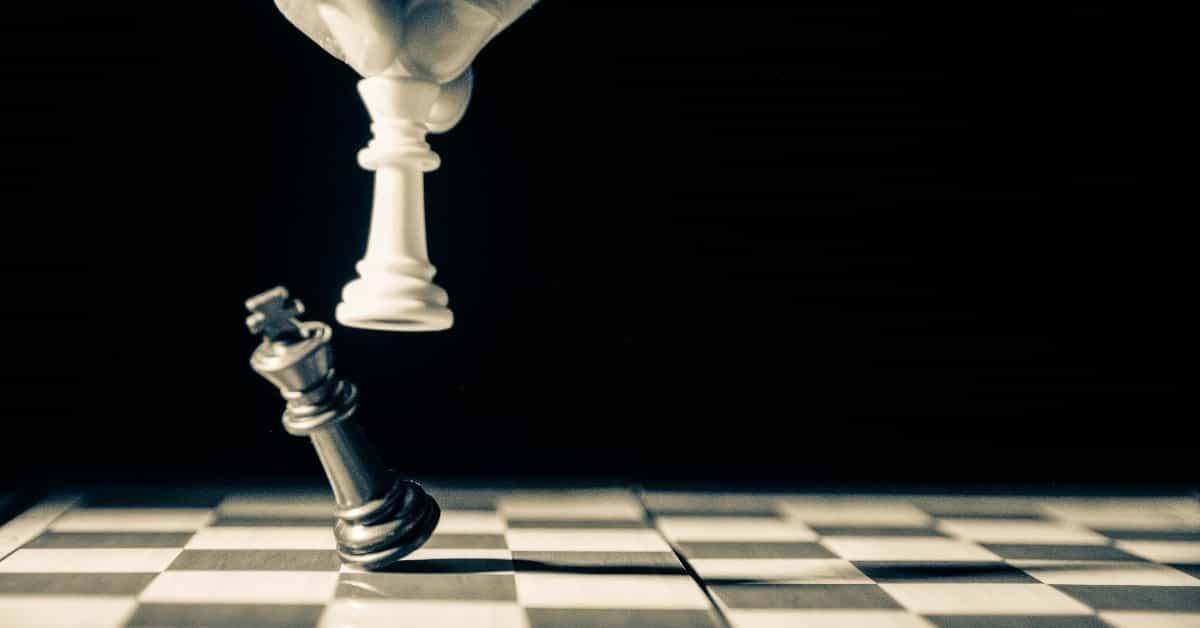





コメント